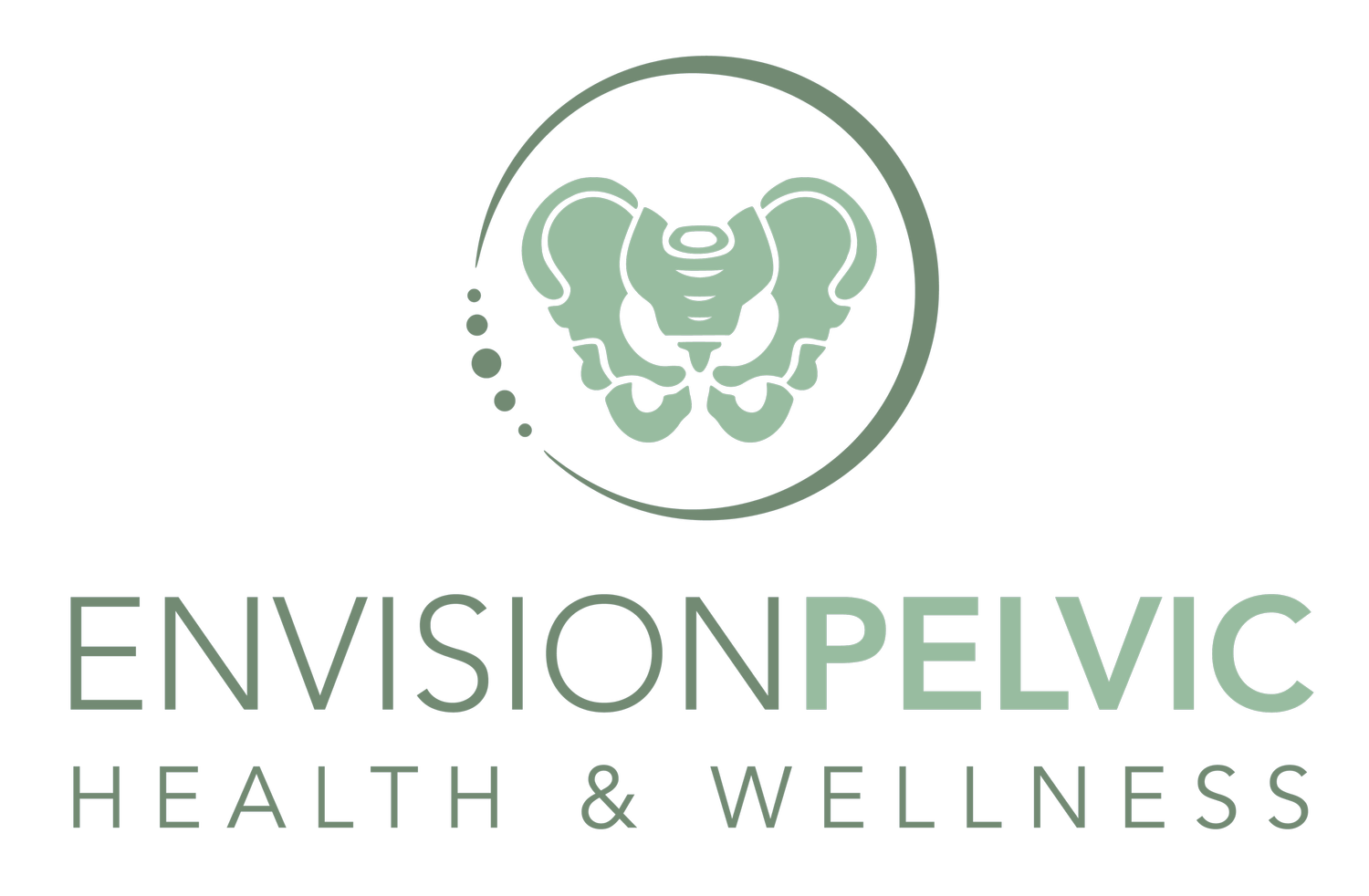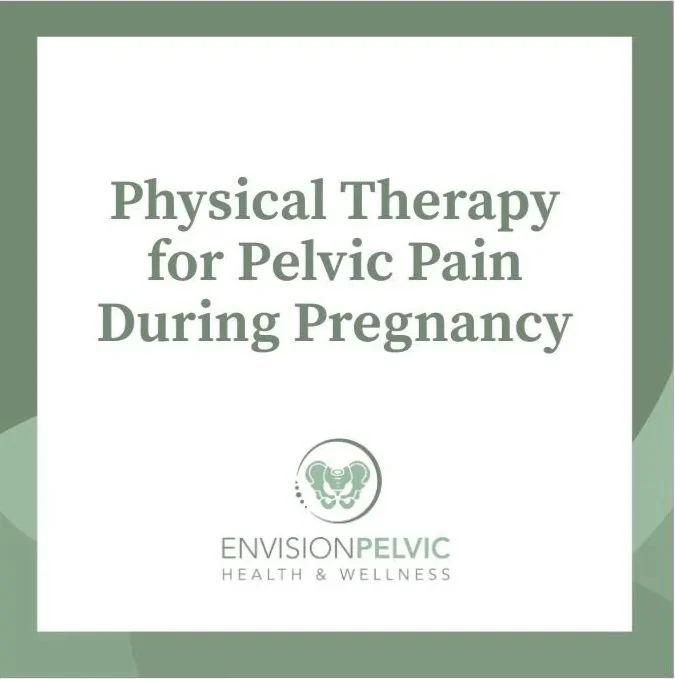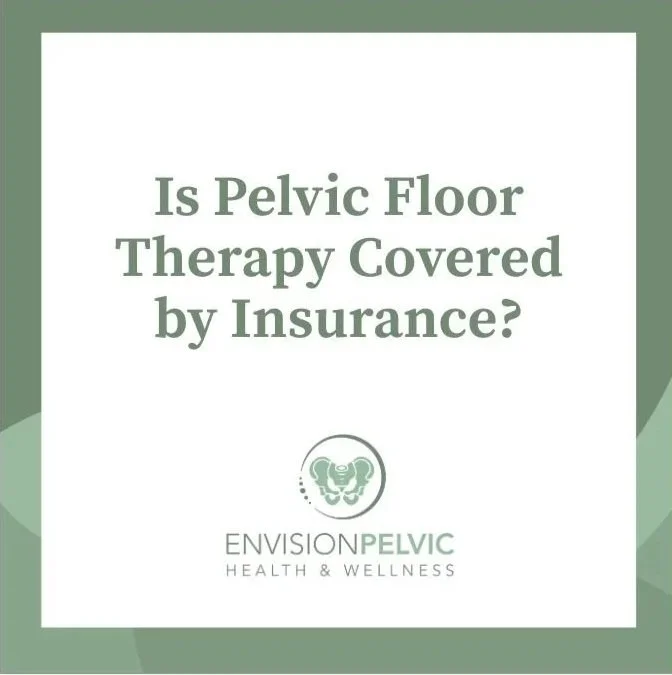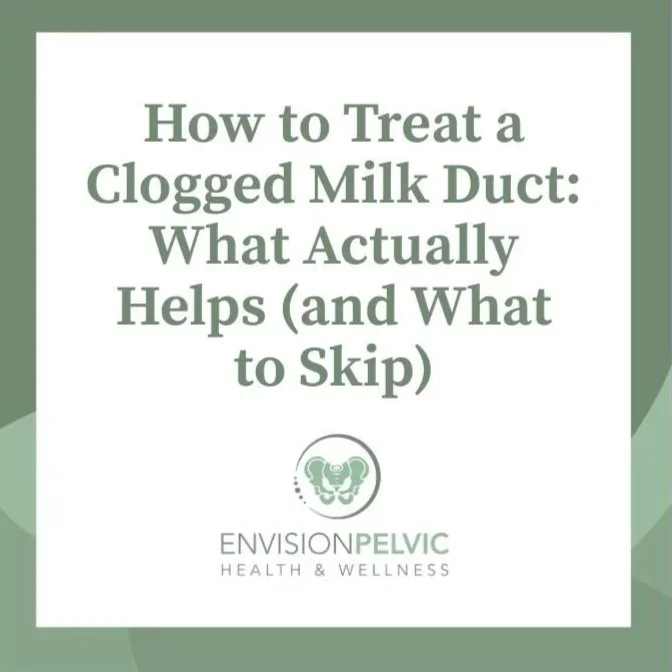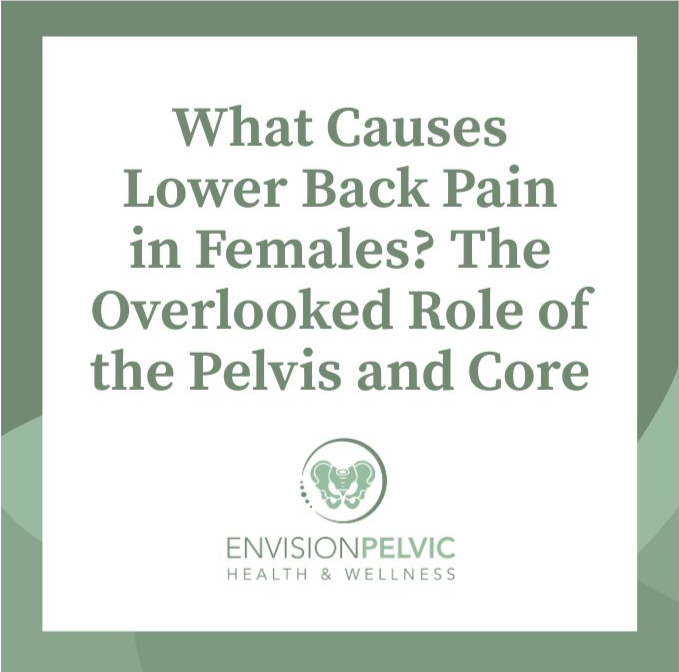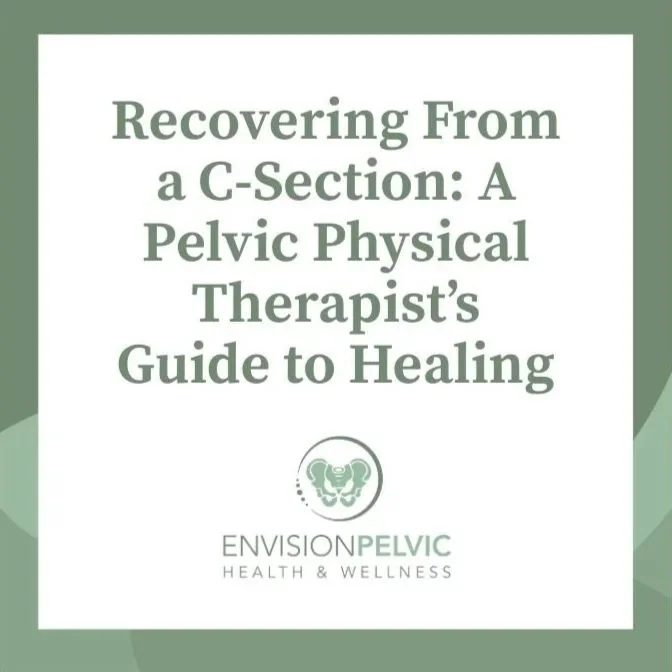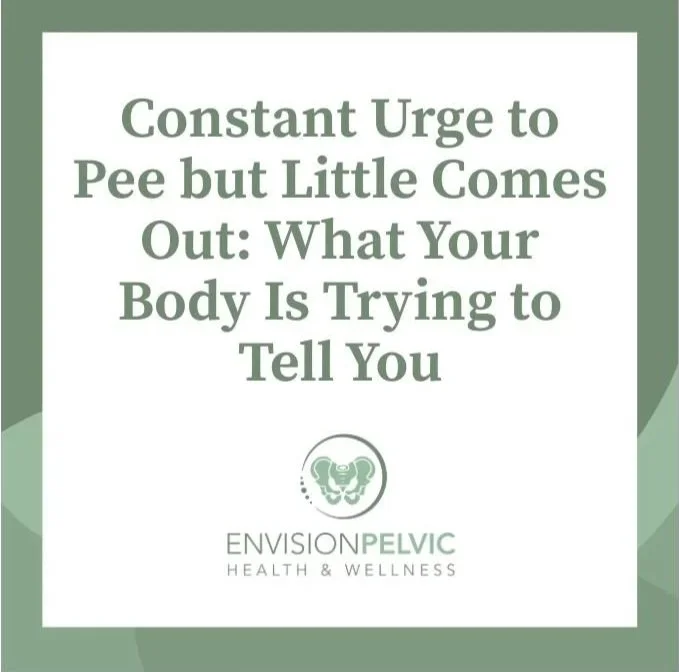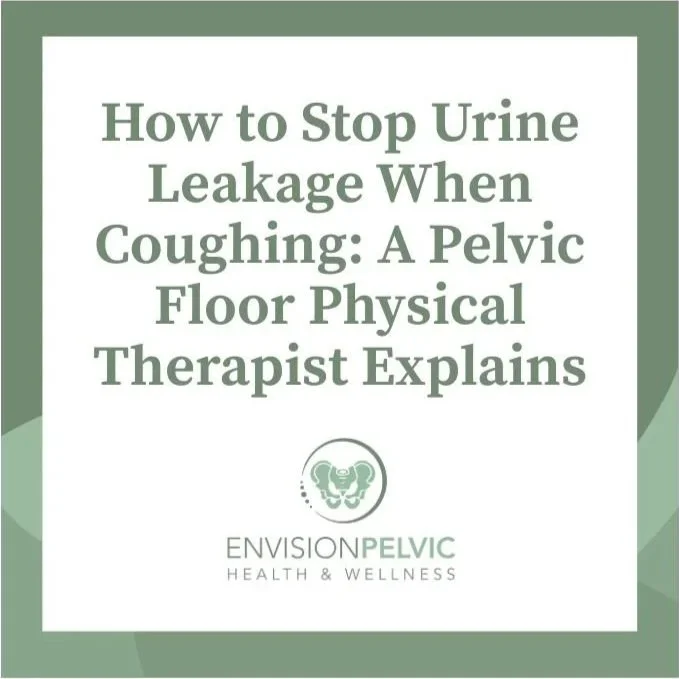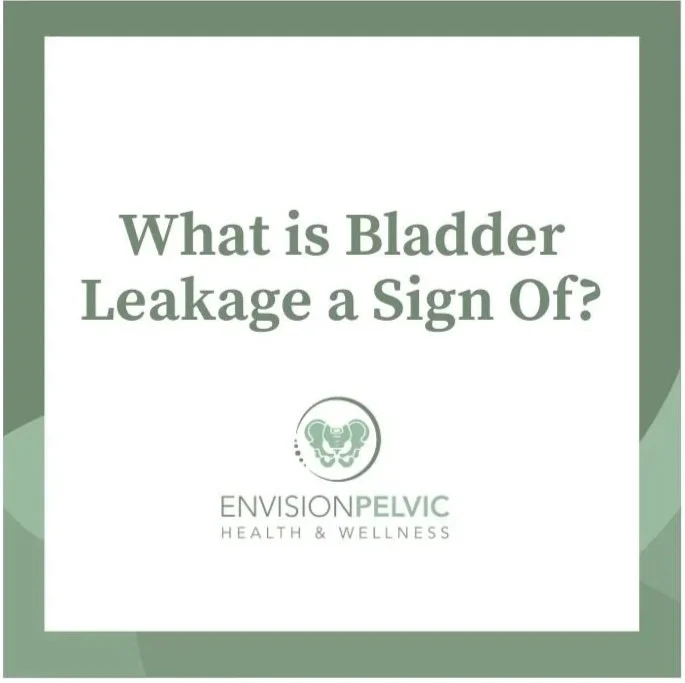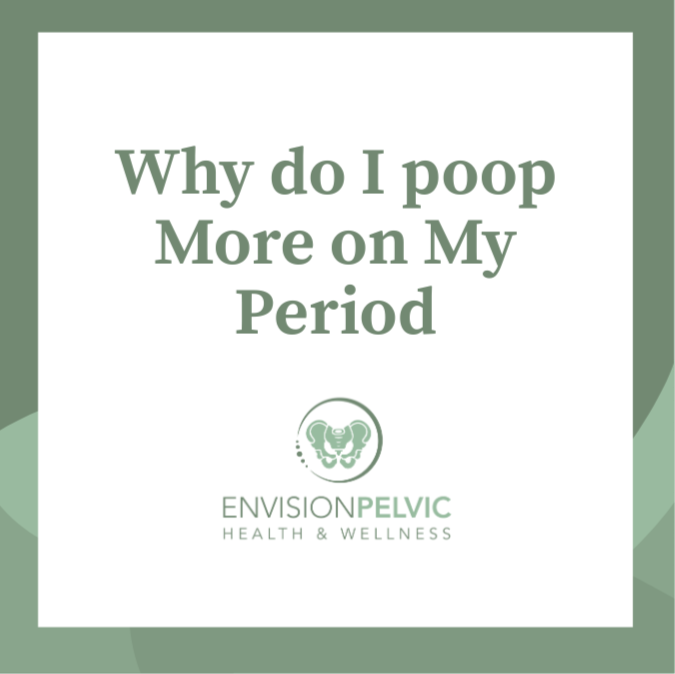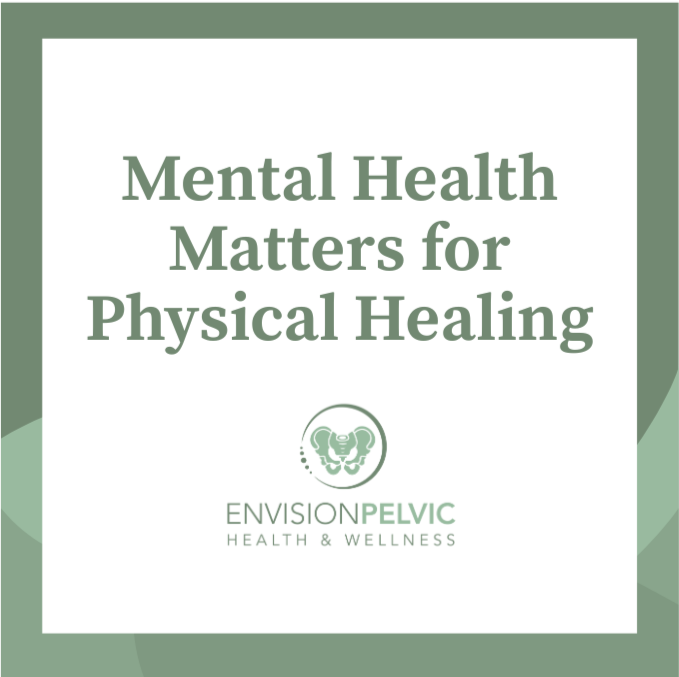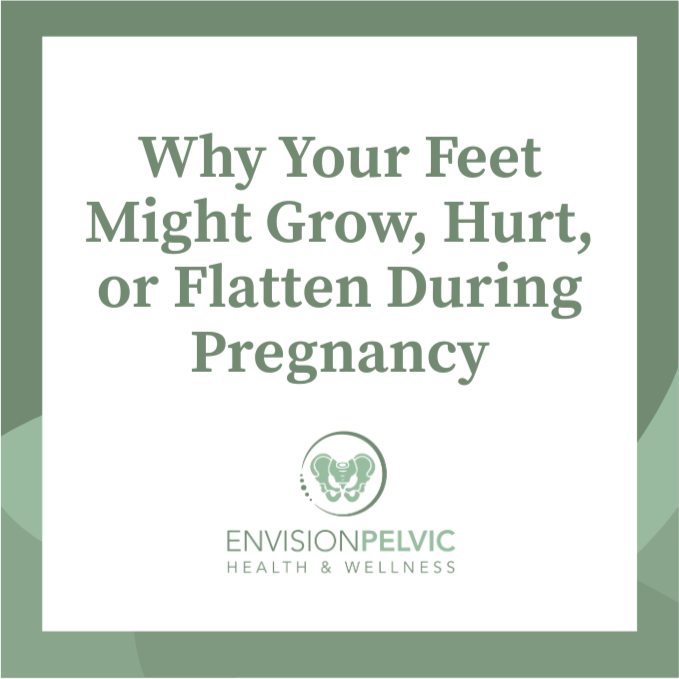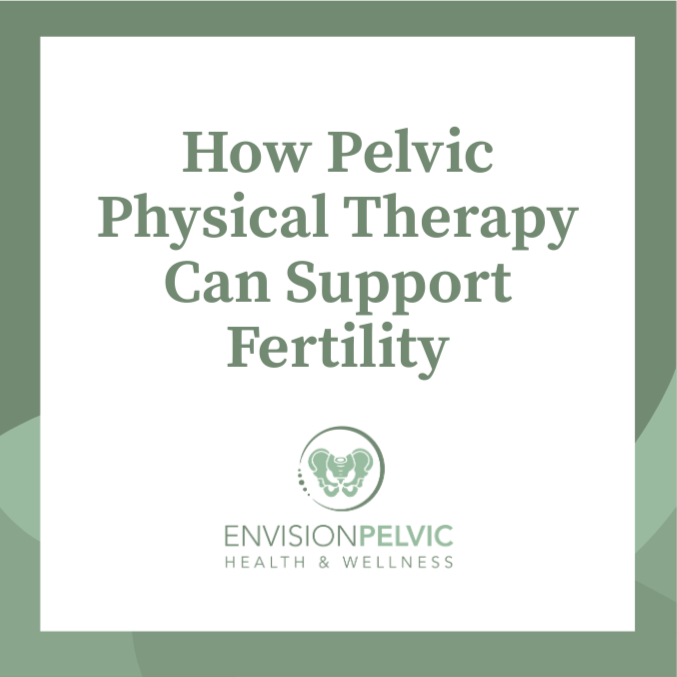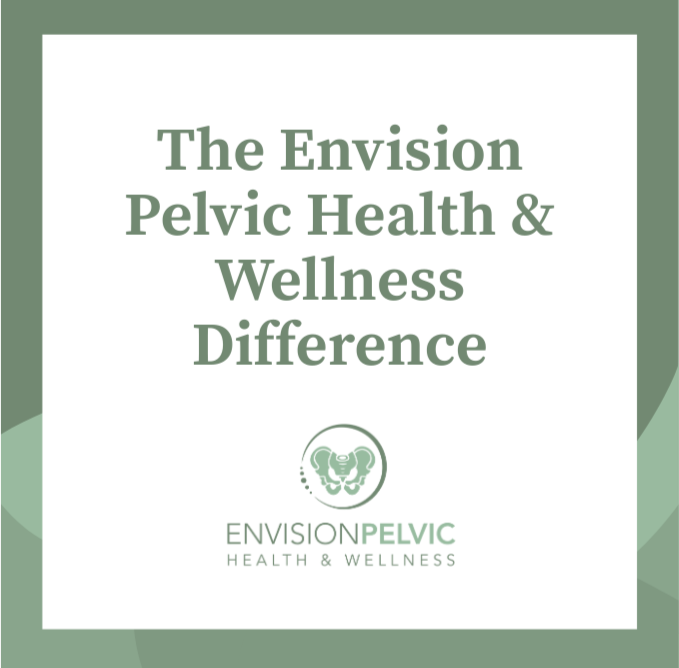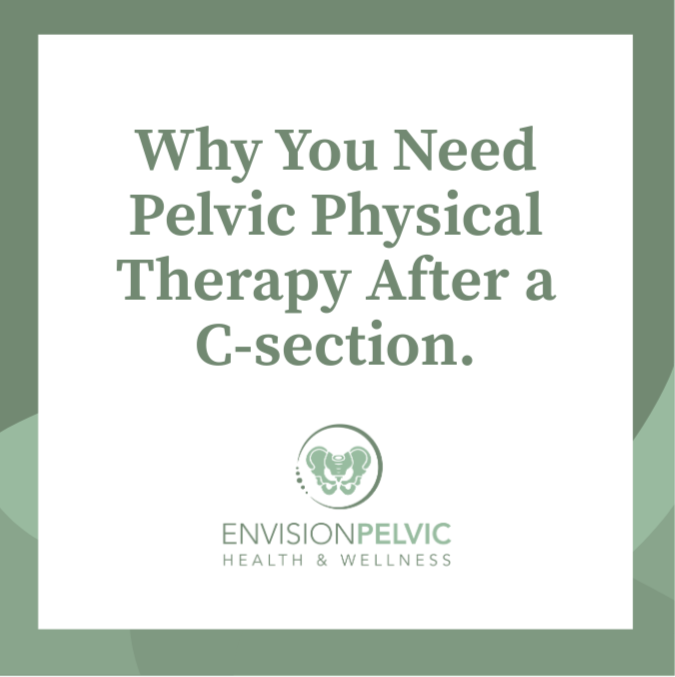The Blog
Constant Urge to Pee but Little Comes Out: What Your Body Is Trying to Tell You
A constant urge to pee but little comes out can be frustrating, especially when urine tests come back normal. This blog explains the most common causes of urinary urgency, including pelvic floor muscle tightness, bladder irritation, and nervous system factors, and how pelvic floor physical therapy can help address the root cause.
How to Stop Urine Leakage When Coughing: A Pelvic Floor Physical Therapist Explains
Leaking urine when you cough, sneeze, or laugh is common, but it is not something you have to live with. Urine leakage with coughing happens when the pelvic floor muscles are unable to generate enough support or close quickly enough around the urethra during a sudden increase in pressure, such as a cough or sneeze.
Knowing how to stop urine leakage when coughing starts with understanding what should happen in the body. When you cough, the pelvic floor muscles should automatically lift and gently close around the urethra to support the bladder. If these muscles are weak, lack endurance, or have poor timing and coordination, leakage can occur.
Pelvic floor physical therapy focuses on identifying the root cause of leakage. Treatment may include improving pelvic floor strength or relaxation, retraining coordination and breathing, and addressing contributing factors such as posture, constipation, or core control. With the right plan, many people are able to stop urine leakage when coughing and feel confident in their daily activities again.
What Is Bladder Leakage a Sign Of?
Bladder leakage is common, but it isn’t normal. If you’re wondering what bladder leakage is a sign of, it may point to pelvic floor muscle dysfunction, poor pressure management, hormonal changes, or postpartum recovery needs. This blog explains the most common causes of urinary leakage, how the pelvic floor should function, and how pelvic floor physical therapy can help you regain bladder control and confidence.
Why Do I Poop More on My Period?
If you’ve ever noticed changes in your bowel movements during your period, you’re not alone! Hormone shifts—especially a spike in prostaglandins—can cause increased bowel motility, leading to diarrhea or urgency. Before your period, rising estrogen and progesterone slow digestion, often causing constipation. When these hormone levels drop at the start of menstruation, your bowels kick into high gear.
Want to ease period poops? Balancing omega intake, staying hydrated, increasing fiber, and using a Squatty Potty can help. If bowel issues persist, pelvic floor physical therapy may offer relief!
Mental Health Matters for Physical Healing
Pregnancy and postpartum bring immense physical and emotional changes, yet mental health’s role in physical recovery is often overlooked. Anxiety, depression, and trauma responses can heighten pain perception, increase muscle tension, and slow healing. Techniques like Emotional Freedom Technique (EFT) and Eye Movement Desensitization and Reprocessing (EMDR) help address the emotional components of chronic pain, promoting relaxation and resilience. By integrating mental health support with physical therapy, new parents can experience a more holistic recovery—one that nurtures both body and mind, empowering them to heal fully and thrive in their new role.
Why Your Feet Might Grow, Hurt, or Flatten During Pregnancy
Pregnancy changes more than your pelvic floor—it impacts your feet too. Foot structure shifts can lead to low back and pelvic pain, falls, and long-term issues like osteoarthritis. At our clinic, we address the connection between feet and pelvic health to help resolve symptoms and support recovery.
Read the full blog to learn more!
What is Visceral Manipulation?
Visceral manipulation (VM) is a gentle, hands-on technique that targets the body’s internal organs, or viscera, to restore their natural mobility and function. Developed by French osteopath Jean-Pierre Barral, VM addresses restrictions and imbalances within the body that can lead to pain and dysfunction. Whether it’s post-surgery, chronic stress, or past trauma, these factors can cause our organs to lose their ability to move freely, which in turn affects overall health. By using subtle and precise techniques, trained therapists can gently guide organs back into optimal motion, promoting better function and relieving discomfort. VM can be particularly beneficial for conditions like digestive disorders, chronic pain, and pelvic health issues.
Pelvic Pain or Burning with Peeing Despite Negative Urinalysis.
Beyond the Lab Results: Why Pelvic Pain Persists Despite a Negative Urinalysis
